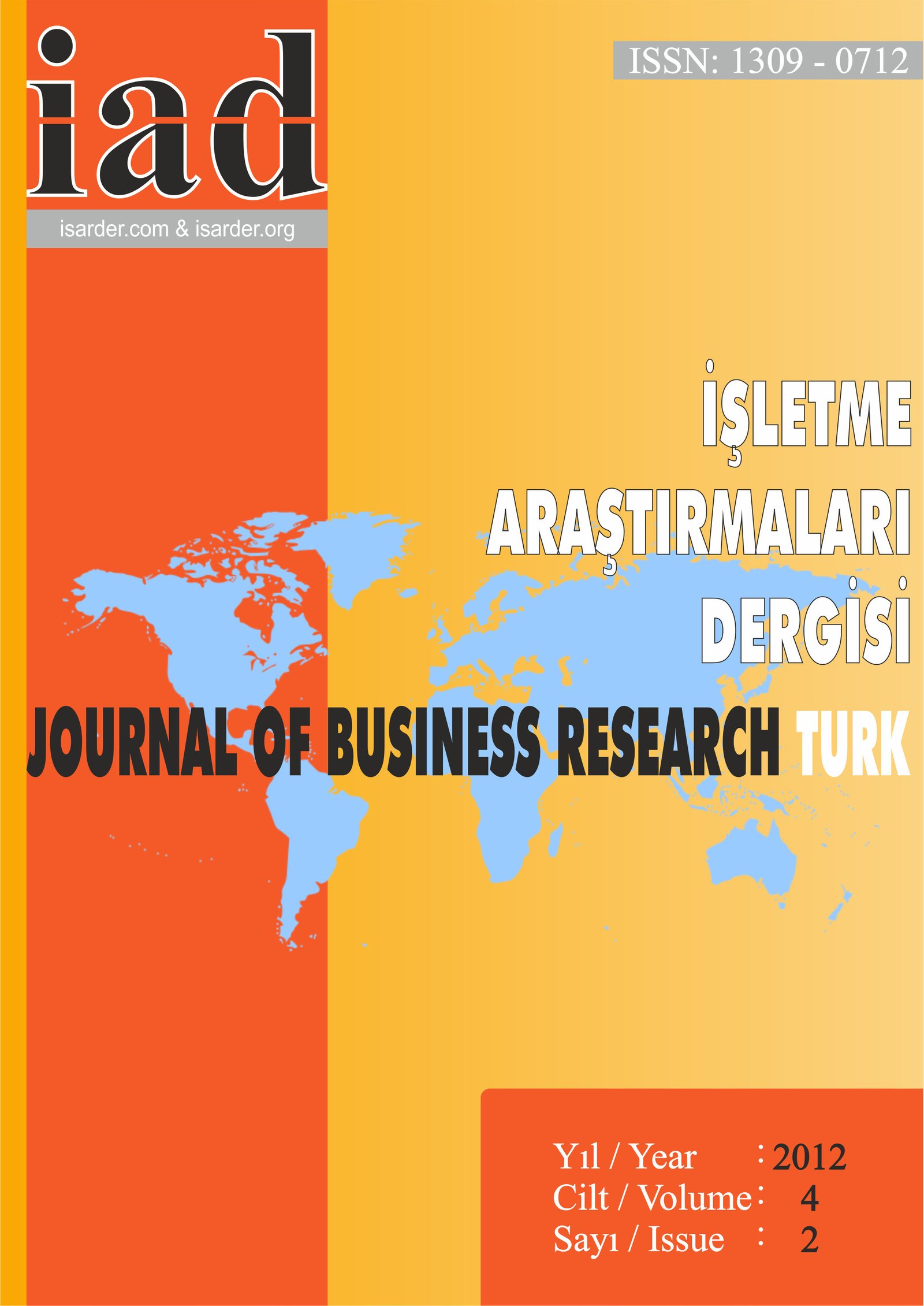The Influence of Knowledge Management and Brand Equity on Marketing Performance: a Case Study of a Japanese Automaker’s Branch in Taiwan
Keywords:
knowledge management, brand equity, marketing performanceAbstract
The chief purpose of this study is to verify and understand how the corporateinitiated implementation of knowledge management (KM) and brand equity affect the marketing performance of a Japanese automaker’s Taiwanese branch. Data was extracted from the population using convenience sampling to verify the goodness-of-fit of the overall, structural and measurement models by means of Structural Equation Modeling (SEM). Findings from this study indicate that 1) KM has a positive and significant influence on marketing performance; 2) Brand equity has a positive and significant influence on marketing performance. Not only do the research results give that particular Japanese car brand’s Taiwan subsidiary a sense of how important and beneficial KM implementation is, they also offer other companies helpful information for operations-related decision-making.
Downloads
Published
How to Cite
Issue
Section
License

This work is licensed under a Creative Commons Attribution-NoDerivatives 4.0 International License.





